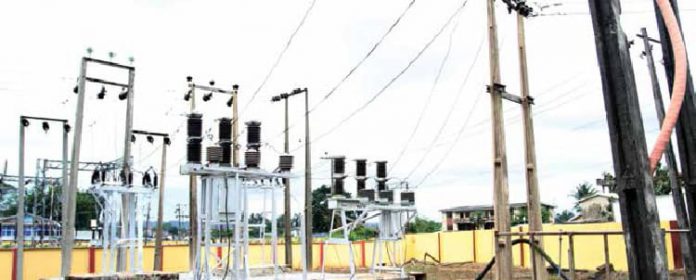In response to mounting economic challenges, Ghana’s utility regulator has announced an 18.36% increase in the average end-user tariff for electricity during the second quarter of 2023.
This follows a significant tariff hike of nearly 30% in the first quarter, as revealed by the regulator.
Ghana, a West African nation, has been grappling with issues such as surging inflation, mounting debt, and a depreciating currency, which have pushed the country perilously close to default.
In an effort to address these challenges, Ghana has sought assistance from the International Monetary Fund (IMF).
It is expected that the IMF will approve the first loan tranche of a three-billion-dollar package on Wednesday.
The Public Utilities Regulatory Commission cited the net effect of currency depreciation, inflation, and increased gas costs as the reasons behind the tariff adjustment.
The commission emphasized that utility companies are currently operating at a financial loss and require a rate increase to ensure the continuity of electricity supply. It further warned that the potential for power outages remains high.
The economic situation in Ghana has been a cause for concern, and the government is taking steps to address the underlying issues.
The recent tariff adjustments reflect the ongoing challenges faced by the energy sector in the country, where rising costs and financial constraints have strained operations.
As Ghana navigates through these economic difficulties, the government remains committed to finding solutions that will stabilize the economy and ensure the uninterrupted provision of essential services.
The support from international partners, such as the IMF, will play a crucial role in the country’s efforts to overcome its current economic hardships and lay the foundation for sustainable growth.










